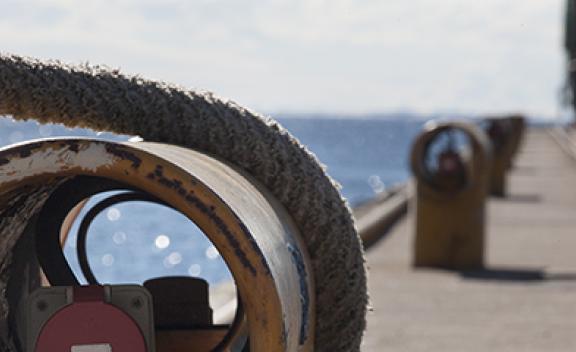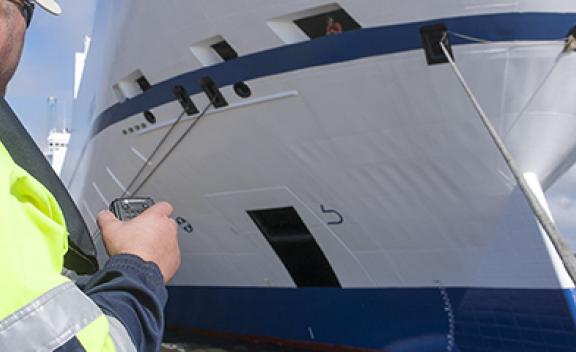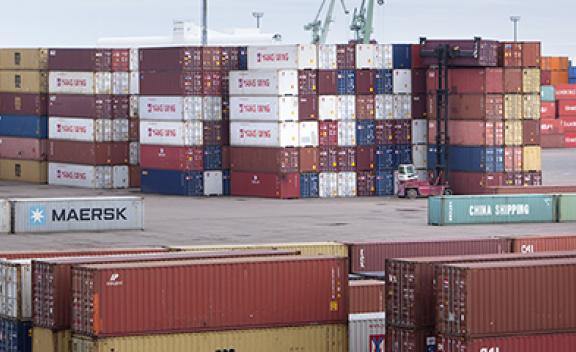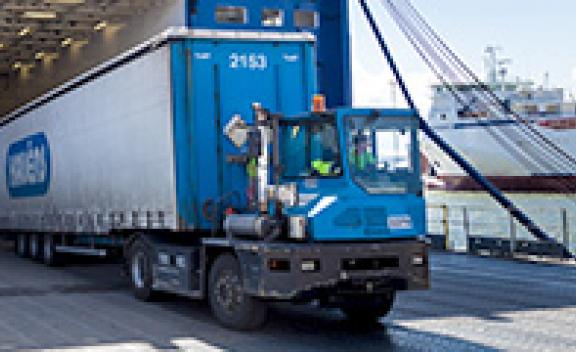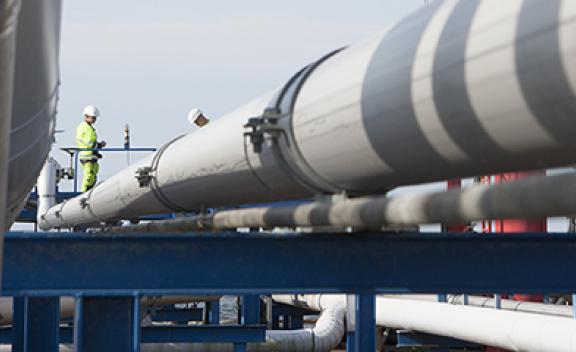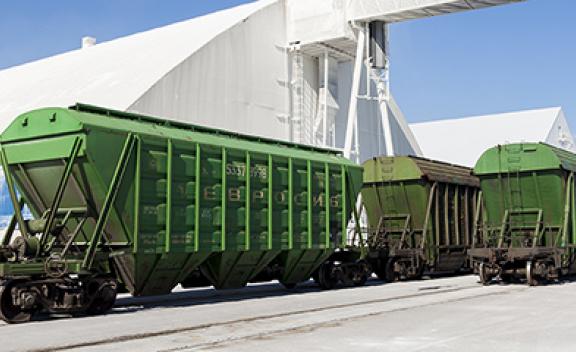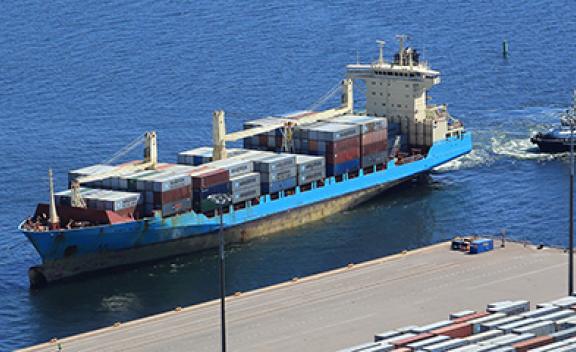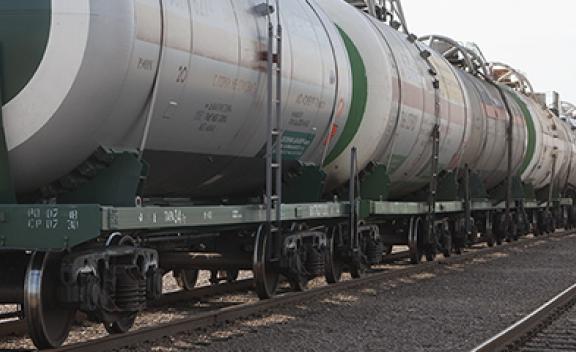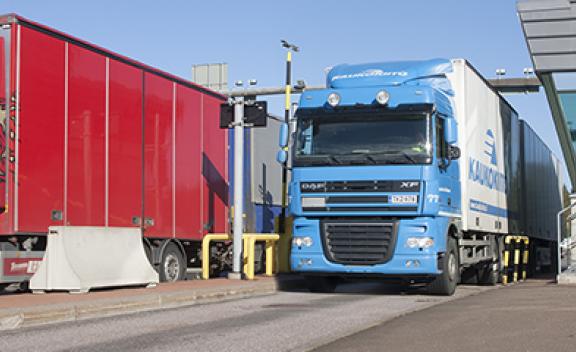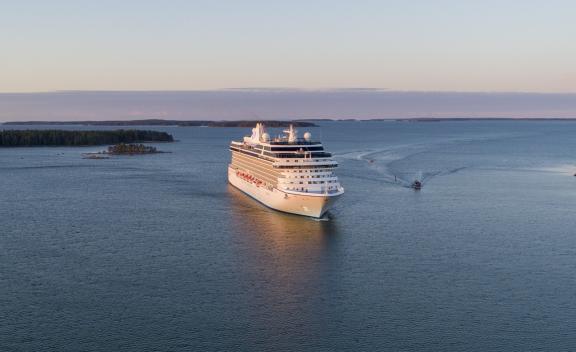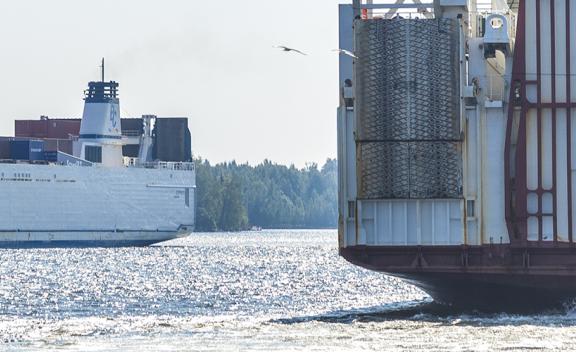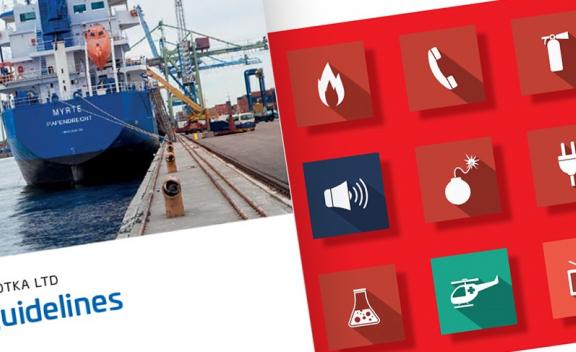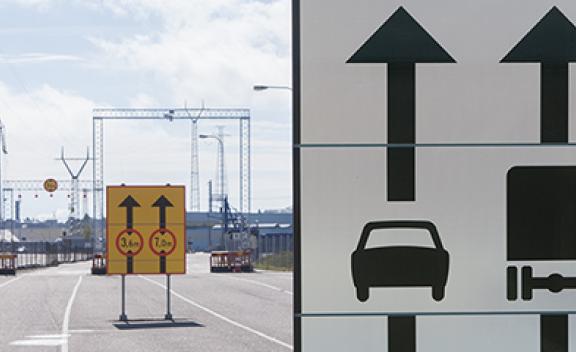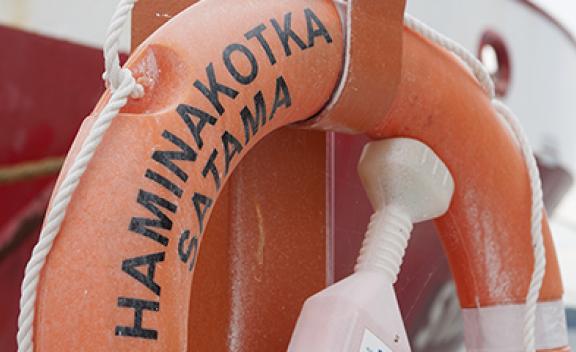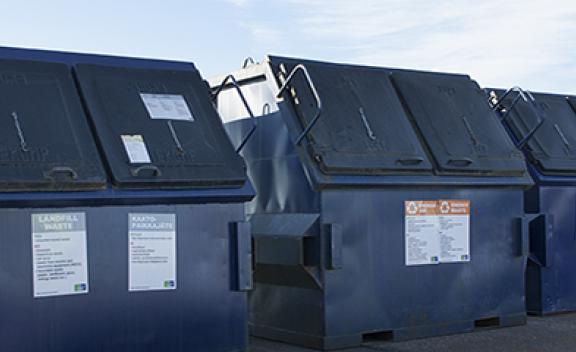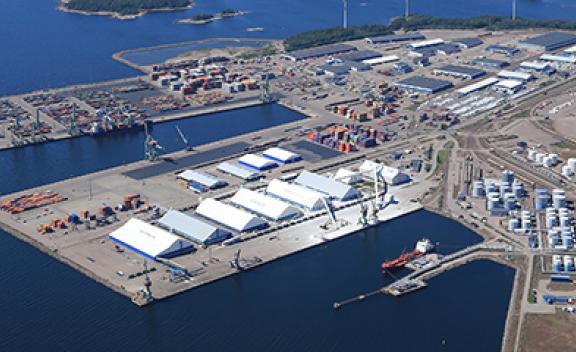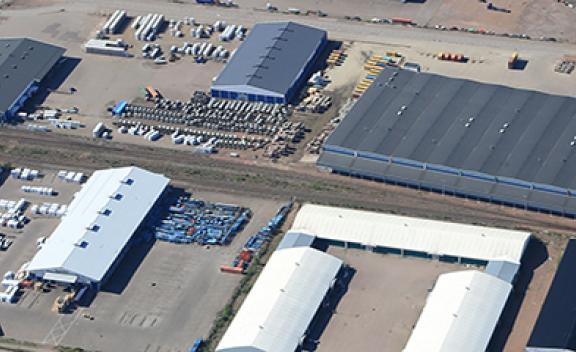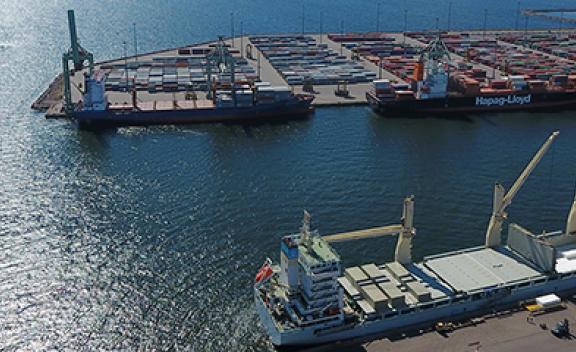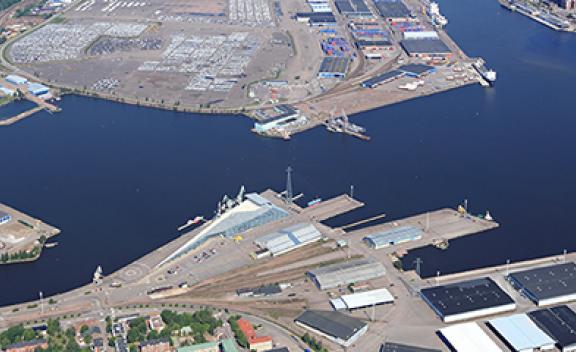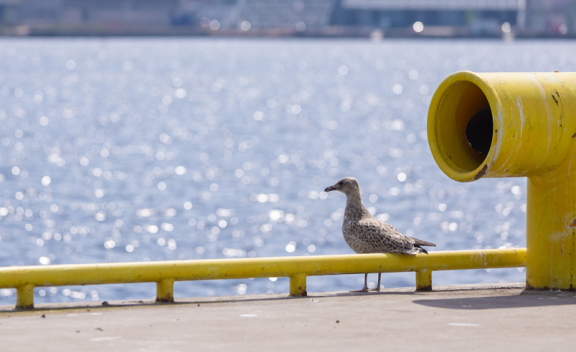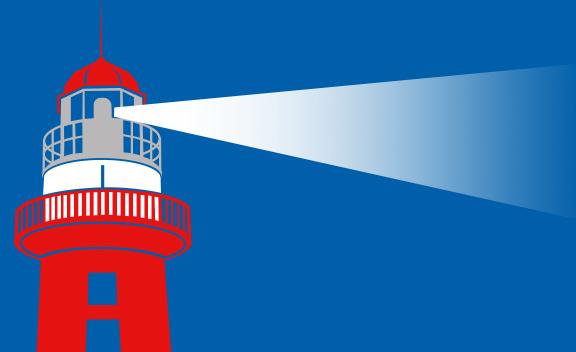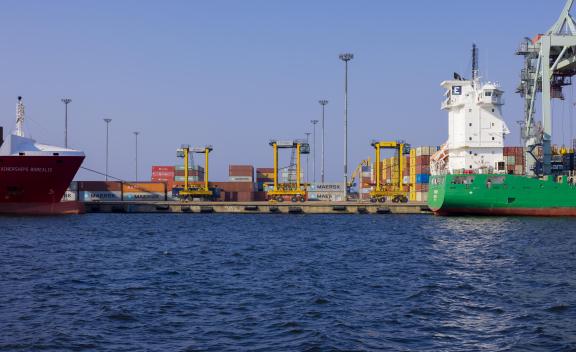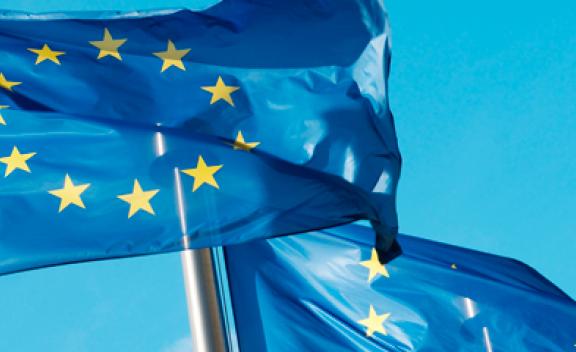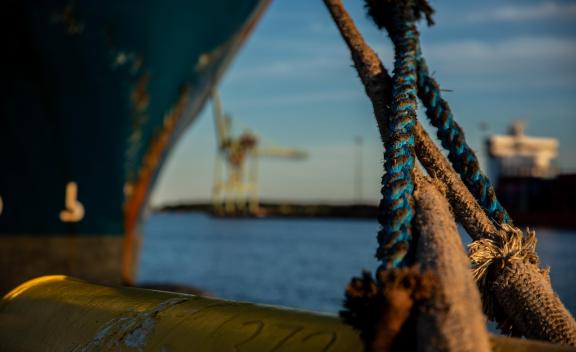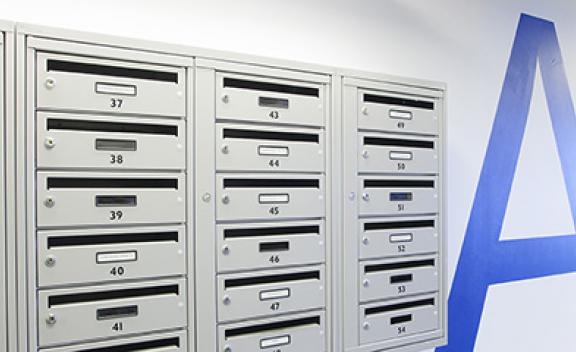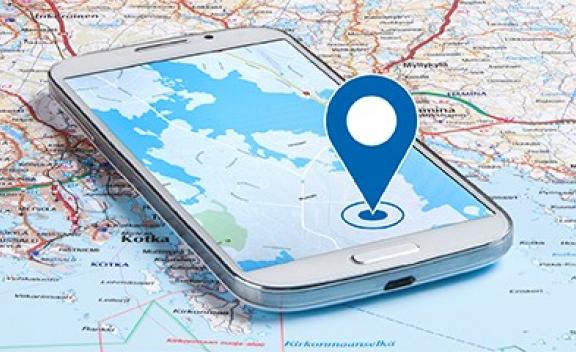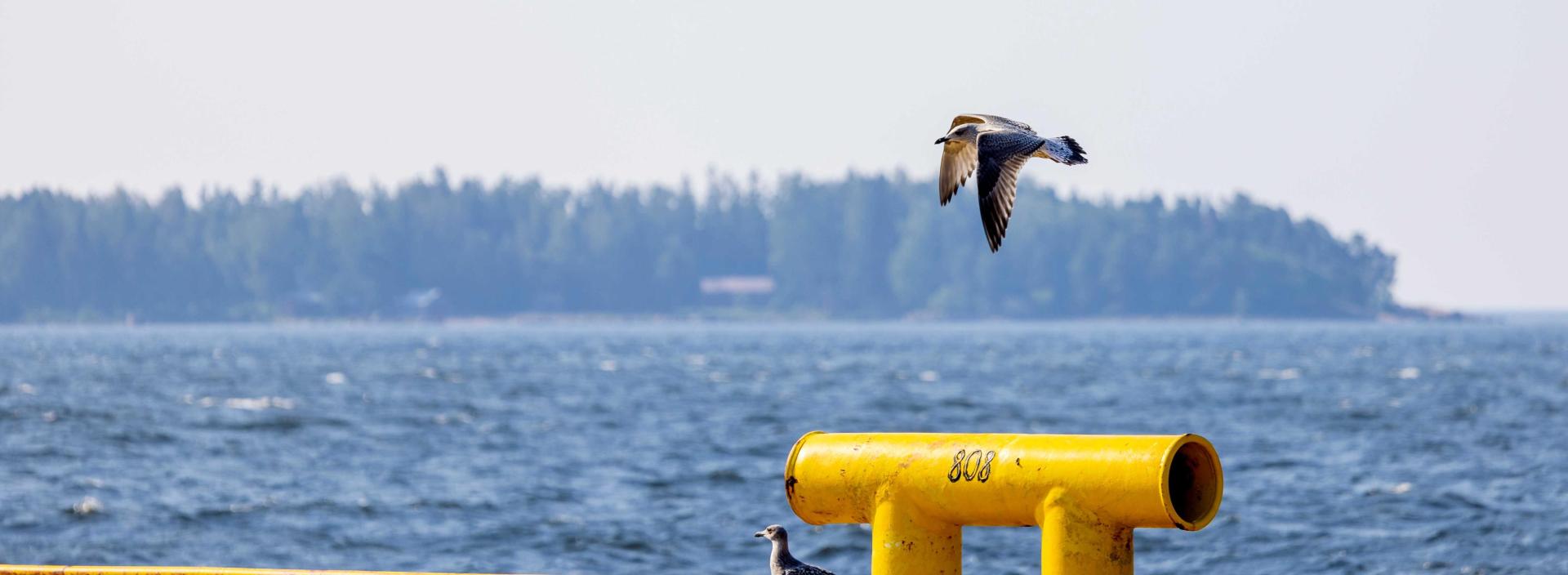
The Baltic Sea is one of the world’s busiest sea areas in terms of ship traffic, but its special characteristics, in other words shallowness, low water turnover and isolation, make it susceptible to eutrophication and pollutant loads.
It has been permitted to discharge toilet and household wastewater and chopped food waste generated on board cargo ships into the Baltic Sea under certain conditions, even though they worsen eutrophication. Finland has recently taken a step forward in this matter, as a legislative amendment finally entered into force at the beginning of July, prohibiting issues such as the discharge of ships’ toilet sewage into waters off the coast of Finland.
Port of HaminaKotka Ltd has a long record in being involved in the Ship Waste Action co-operation co-ordinated by the Baltic Sea Action Group (BSAG), in which vessels are encouraged to leave wastewater ashore. This co-operation has promoted an operating model in keeping with circular economy, whereby biogas is produced from ships’ sewage for heavy-duty transport. Shipping companies, shippers, ports and waste management companies have worked towards a common goal by sharing information, experiences and best practices to reduce environmental loads. Finnish ports, such as the Port of HaminaKotka, are well equipped to receive wastewater from ships, and the waste pricing of ports is carried out in accordance with the No Special Fee system, in which a waste fee is charged regardless of whether the vessel leaves waste in the port or not.
Despite the legislative amendment that entered into force in July, the discharge of wastewater into the sea outside Finland’s territorial waters is still permitted, which is why there should be efforts to extend the ban on the discharge of wastewater from ships to cover the entire Baltic Sea region. According to a recent study commissioned by the Finnish Transport and Communications Agency Traficom, cargo vessels still deliver very little sewage as well as treated and untreated and separately collected food waste to port reception facilities in relation to the traffic volumes. This is why both voluntary measures, such as co-operation within Ship Waste Action, and mandatory legislative measures are still needed to reduce the discharge of wastewater from cargo ships and to improve the state of the Baltic Sea.
